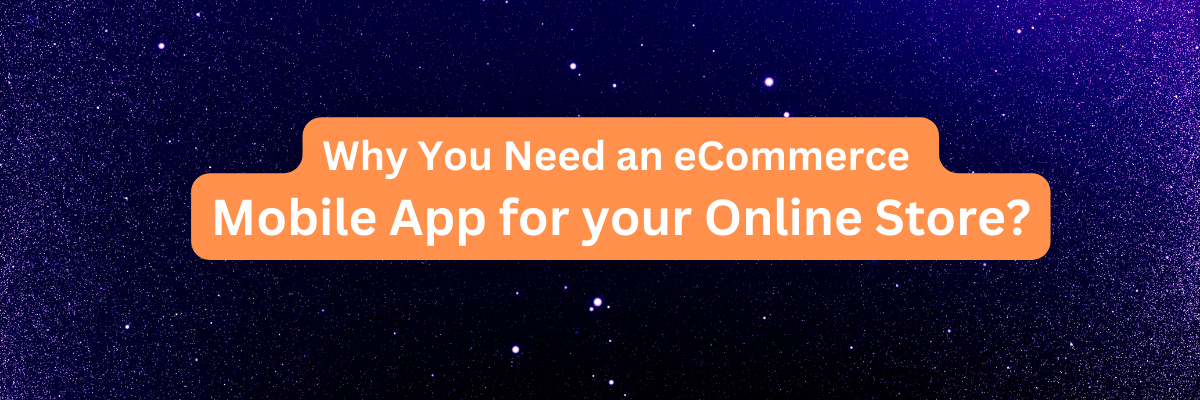
Mobile application development is the process of creating software applications that are specifically designed to run on mobile devices such as smartphones and tablets. Over the years, the mobile app development landscape has evolved dramatically, driven by advancements in technology and the growing demand for mobile solutions. The development of a mobile application involves several key stages, including ideation, design, development, testing, and deployment. These stages can be broadly categorized into frontend development, which focuses on the user interface and user experience, and backend development, which deals with the underlying functionality and server-side operations.
Frontend development involves designing the user interface (UI) and user experience (UX) of the mobile app. This includes creating visually appealing layouts, intuitive navigation, and responsive design to ensure a consistent experience across various device sizes and orientations. Mobile app designers use tools like Adobe XD, Sketch, or Figma to create wireframes and prototypes that depict the app's look and feel.
Backend development involves coding the functionality of the app, managing data, and handling user interactions. Developers use programming languages like Java, Kotlin (for Android), Swift, or Objective-C (for iOS) to build the app's logic. They also interact with databases to store and retrieve data, set up APIs (Application Programming Interfaces) to communicate with external services, and implement security measures to protect user data.
Mobile apps are often developed natively or using cross-platform frameworks. Native app development involves building separate apps for each platform (iOS and Android), taking full advantage of platform-specific features and performance optimizations. Cross-platform frameworks like React Native, Flutter, and Xamarin allow developers to write code once and deploy it across multiple platforms, saving time and effort. These frameworks bridge the gap between native performance and code reusability.
Testing is a crucial phase to identify and rectify any bugs, glitches, or performance issues before releasing the app to users. Developers conduct various types of testing, including functional testing to ensure features work as intended, usability testing to assess the user experience, and performance testing to evaluate the app's responsiveness and speed. Beta testing involving a small group of users helps gather real-world feedback and uncover issues that might not have been identified during development.
Once the app is thoroughly tested and refined, it's ready for deployment. App stores like Apple's App Store and Google Play Store provide platforms for developers to publish and distribute their apps to a global audience. Developers need to follow the respective guidelines and policies of these stores to ensure their apps get approved.
The mobile app development landscape continues to evolve with emerging technologies. Augmented reality (AR), virtual reality (VR), and artificial intelligence (AI) are finding their way into mobile apps, enhancing user experiences and opening up new possibilities. Additionally, the focus on security and data privacy is paramount, leading to stricter regulations and practices in handling user data.
In conclusion, mobile application development is a multifaceted process that involves designing, coding, testing, and deploying software applications tailored for mobile devices. With the proliferation of smartphones and the increasing reliance on mobile solutions, this field remains dynamic and innovative, driven by advancements in technology and the changing needs of users.
Having an eCommerce mobile app for your online store can offer numerous benefits that contribute to a more seamless and effective shopping experience for your customers. Here are some reasons why having an eCommerce mobile app can be advantageous:
-
Increased Accessibility: Mobile apps provide convenient access to your online store 24/7. Customers can browse, shop, and make purchases from anywhere using their smartphones or tablets.
-
Enhanced User Experience: Mobile apps allow you to create a tailored and user-friendly interface designed specifically for mobile devices. This can result in smoother navigation, faster load times, and a more intuitive shopping experience compared to using a responsive website on mobile browsers.
-
Personalization: With a mobile app, you can leverage customer data to offer personalized product recommendations and content. This level of customization can enhance engagement and increase the likelihood of conversions.
-
Push Notifications: Mobile apps enable you to send push notifications directly to users' devices. This is a powerful tool for notifying customers about promotions, sales, new arrivals, and other important updates, thereby increasing customer engagement and retention.
-
Offline Access: Some mobile apps can allow limited functionality even when the device is offline. This means customers can still browse products, add items to their cart, and even make wishlists, which can be particularly useful in situations with poor or no internet connectivity.
-
Faster Performance: Mobile apps can offer faster performance compared to mobile websites. Apps are optimized for mobile devices, resulting in quicker load times and smoother interactions.
-
Mobile Payment Integration: Integrating mobile payment options like Apple Pay, Google Pay, or other digital wallets can simplify the checkout process, reducing friction and abandoned carts.
-
Reduced Cart Abandonment: Mobile apps can streamline the checkout process, making it easier for customers to complete their purchases. This can lead to a reduction in cart abandonment rates.
-
Brand Loyalty and Engagement: Mobile apps can foster a sense of brand loyalty by providing exclusive offers, rewards programs, and personalized experiences that encourage customers to return to your store.
-
Improved Conversion Rates: With the convenience and personalized features of a mobile app, you're likely to see an increase in conversion rates as customers find it easier to navigate, explore, and complete purchases.
-
Analytics and Insights: Mobile apps often come with built-in analytics tools that allow you to gather data on user behavior, preferences, and interactions. This data can help you refine your marketing strategies and optimize your app's performance.
-
Competitive Advantage: As the mobile commerce landscape grows, having a well-designed and functional app can set you apart from competitors who rely solely on websites for their online presence.
It's important to note that while there are many advantages to having a mobile app, it also requires investment in terms of development, maintenance, and marketing. Before deciding to develop a mobile app, it's crucial to assess your target audience, budget, and business goals to determine if an app aligns with your overall strategy.
Certainly, We would be happy to guide you through mobile application development for your Magento website. Building a mobile app can be a great way to enhance the user experience and increase engagement for your online store. Here's a general outline of the steps involved:
-
Define Your Requirements: Clearly outline your app's objectives, target audience, features, and design. Consider what functionality you want to offer in the app and how it can complement your Magento website.
-
Choose the Development Approach: You have a few options here:
-
Native App: Developed for a specific platform (iOS or Android) using platform-specific programming languages (Swift for iOS, Kotlin for Android). Provides the best performance and access to device-specific features.
-
Cross-Platform App: Developed using frameworks like React Native or Flutter. These allow you to write code once and deploy on both iOS and Android platforms. They offer a good balance between development time and performance.
-
Progressive Web App (PWA): A web application that can be accessed through a web browser but offers a mobile app-like experience. PWAs can be a cost-effective way to provide app-like features without the need for separate app development.
-
-
Design and User Experience: Create an intuitive and user-friendly design that aligns with your brand identity. Consider mobile-specific UI/UX best practices for navigation, layout, and touch interactions.
-
Integrate with Magento: Your app will need to communicate with your Magento website's backend to fetch product information, user data, and process orders. This can be achieved using APIs (Application Programming Interfaces) provided by Magento. Ensure that the APIs are secure and follow best practices.
-
Implement Features: Depending on your requirements, you might want to include features such as product browsing, search, cart management, user accounts, push notifications, and secure payment gateways.
-
Testing: Thoroughly test your app on different devices, platforms, and screen sizes to ensure it functions correctly and looks good across the board. Testing is crucial to catch any bugs or issues before releasing the app.
-
Security and Privacy: Implement security measures to protect user data and ensure secure transactions. Consider data encryption, secure authentication methods, and compliance with privacy regulations like GDPR.
-
Performance Optimization: Mobile apps should be fast and responsive. Optimize your app's performance by minimizing load times, using caching where appropriate, and optimizing images and assets.
-
App Store Submission: If you're building native apps, you'll need to submit them to the respective app stores (Apple App Store and Google Play Store). Follow their guidelines and requirements for submission.
-
Launch and Marketing: Once your app is approved and published, announce its launch through your existing marketing channels. Encourage your website users to download and use the app.
-
Maintenance and Updates: Regularly update your app to fix bugs, introduce new features, and ensure compatibility with the latest devices and operating systems.
Remember that developing a mobile app is an ongoing process. User feedback and analytics will provide valuable insights that can guide your app's evolution over time.

 Register
Register Sign in
Sign in



